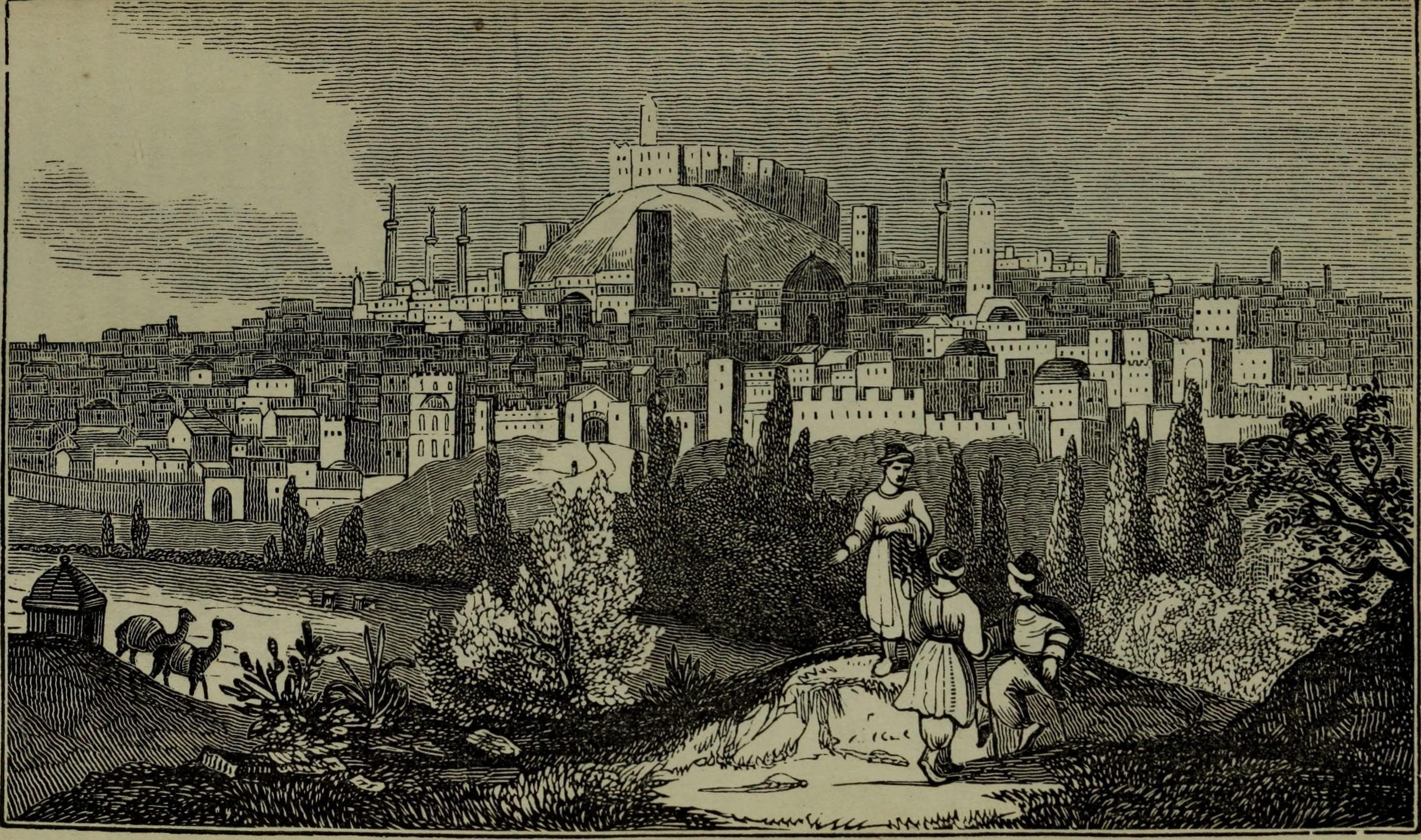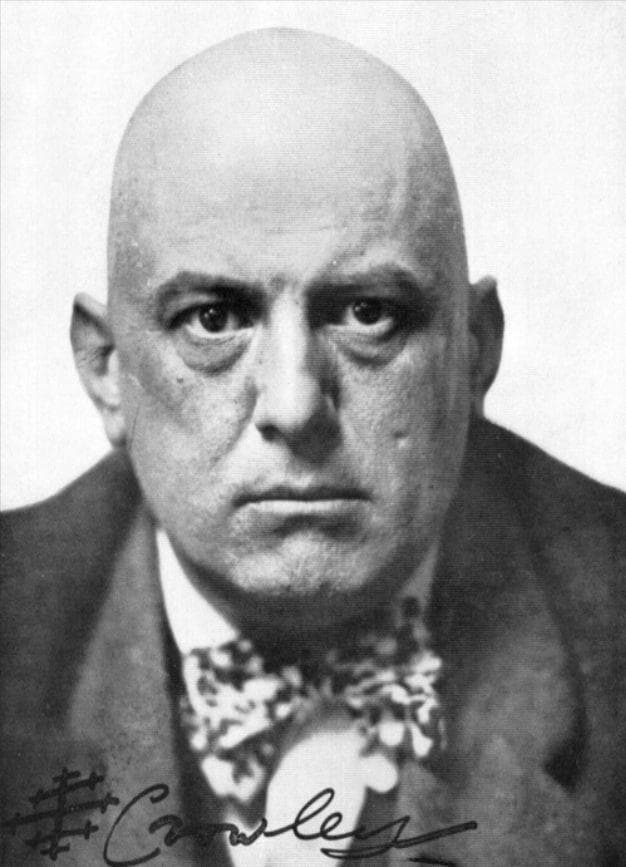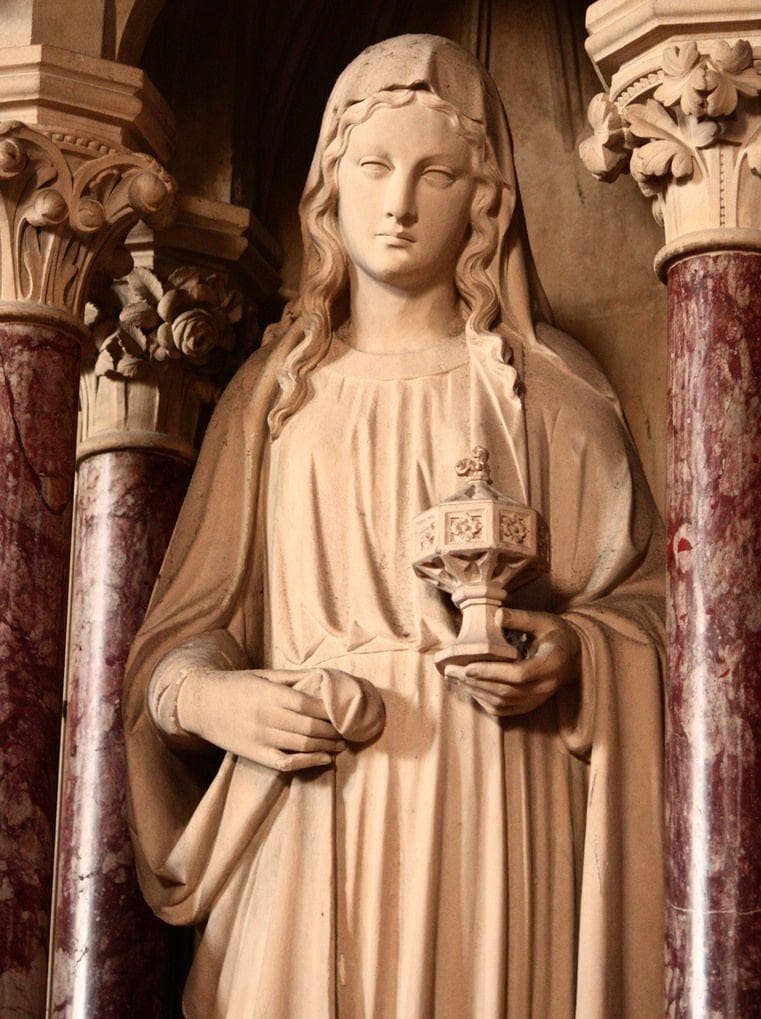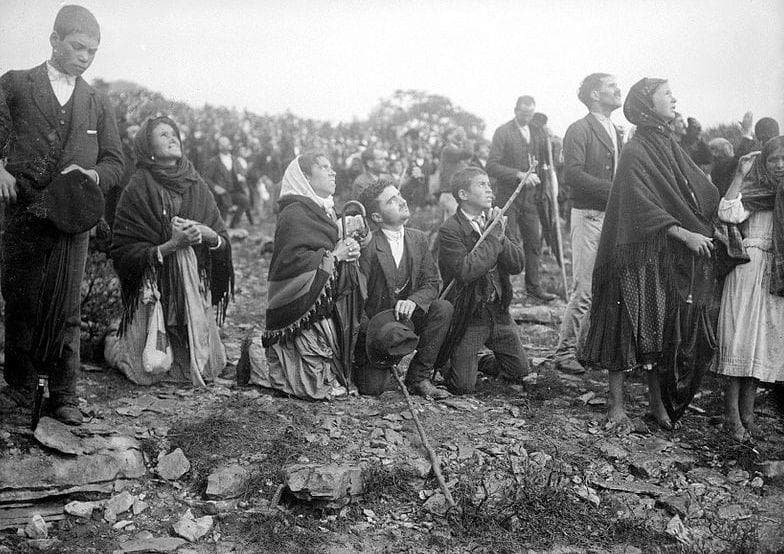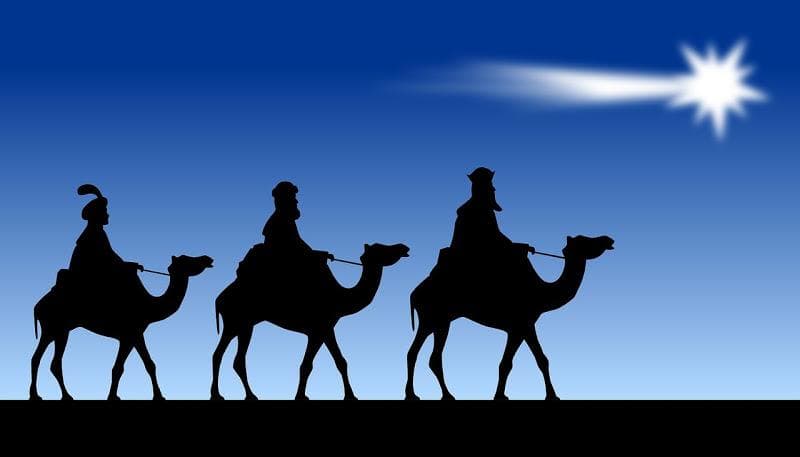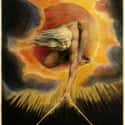-
(#16) The Seed Of Man Will Eventually Defeat The Powers Of God
The Seed of Man, which seems to be another name for the Illuminator, will eventually fight the "powers" of God, as they are called:
Then the seed, those who will receive his name upon the water and (that) of them all, will fight against the power. And a cloud of darkness will come upon them.
The Seed will be victorious, and there will be a triumphant shout from the peoples of the world. A voice from heaven will cry out, condemning those who followed the false god - "the powers" - and claiming that angels will soon arrive to deliver even more truth to the people of the world.
This is an apocalyptic prophecy, though it is notably different from other apocalyptic Christian texts. It does not relay an ending of the world, but rather the creation of a new order - a restoration rather than a proper apocalypse.
-
(#7) God Offers To Save Noah And His Sons, But Only If Noah Stops Having Children
In the story, Adam's vision reveals that God will call down rain to wipe out the entire "multitude of flesh" - except, of course, for Noah and his ark. There is little explanation as to why Noah is spared or by what process his ark is filled. However, God is particular on one point, saying to Noah:
Behold, I have protected in the ark, along with your wife and your sons and their wives and their animals and the birds of heaven, which you called and released upon the earth. Therefore I will give the earth to you - you and your sons... And no seed will come from you of the men who will not stand in my presence in another glory.
God demands that Noah have no more sons. This is consistent with the overarching themes of the gospel: God is threatened by the "seed of man" and is jealous of man's potential for power.
-

(#15) God Becomes Jealous Of The Illuminator's Power
The Illuminator of Knowledge, with his many signs and wonders, attracts the attention of God, who is displeased to have a powerful new force on the scene:
Then the god of the powers will be disturbed, saying, "What is the power of this man who is higher than we?" Then he will arouse a great wrath against that man. And the glory will withdraw and dwell in holy houses which it has chosen for itself. And the powers will not see it with their eyes, nor will they see the illuminator either. Then they will punish the flesh of the man upon whom the holy spirit came.
God punishes any who received either this man or his healing. This extremely aggressive reaction is typical of God in the Apocalypse of Adam, which paints God as more of a paranoid warlord than an omnipotent, benevolent deity.
-
(#5) God Conceived A Child With Eve
An unfortunate side effect of the Nag Hammadi's texts' age is that certain sections have become illegible over the years. The Apocalypse of Adam has suffered no significant damage, but one of the most interesting sections was affected, in which God conceives a child with Eve:
Then the God who created us, created a son from himself and Eve, your mother. I knew sweet desire for your mother, for ... in the thought of my ... I knew a sweet desire for your mother.
It is unclear in the text whether or not Adam ever consummated his union with Eve, but it is clear that God created Seth, Adam's son and the person to whom the gospel is addressed.
-
(#9) Noah Repeatedly Warns His Sons To Never Stray From God
With the flood abated and the strange men taken away to live with the angels, Noah divides the Earth between his sons, Ham, Japheth, and Shem. Before they depart, however, Noah shares a few warning words: "...serve [God] in fear and slavery all the days of your life. Let not your seed depart from the face of God the Almighty."
This "fear and slavery" echoes Adam's prior comment about fearing and serving God. Overall, the Apocalypse of Adam heavily emphasizes the consequences of disobeying God over the rewards of his love.
-
(#3) Adam And Eve Were Forced To Serve God In Fear And Subjugation
Adam doesn't speak of God as a loving father in his account. Rather, he speaks of the darkness of his own fall and how terrible life became after he and Eve were cast out of the Garden of Eden:
After those days, the eternal knowledge of the God of truth withdrew from me and your mother Eve. Since that time, we learned about... things, like men. Then we recognized the God who had created us. For we were not strangers to his powers. And we served him in fear and slavery. And after these things, we became darkened in our heart(s). Now I slept in the thought of my heart.
Of course, Adam's post-Eden existence is hardly pleasant in the canonical Genesis, but nowhere in the accepted text does Adam speak of "fear and slavery." The darkness in the Apocalypse of Adam could potentially be attributed to the period in which it was written - many Gnostic writers were mercilessly persecuted by the Church, which was often reflected in their writing.
New Random Displays Display All By Ranking
About This Tool
The importance of the Apocalypse Of Adam is that when it describes the redeemer, the main character in the book, there is no indication that it was influenced by Christianity. "The Apocalypse Of Adam" may reflect an early Gnosticism of apocalyptic literature derived from Judaism. It is a Gnostic interpretation of the Genesis story, but it does not directly quote Genesis or the Hebrew Bible.
The interesting thing is that some similar Gnostic gospels also appear in John's Gospel. "The Apocalypse Of Adam" was discovered in Nag Hammadi, Upper Egypt in 1945, and its creation period can be traced back to the first to the second century AD. The random tool introduced 16 details about the books.
Our data comes from Ranker, If you want to participate in the ranking of items displayed on this page, please click here.





